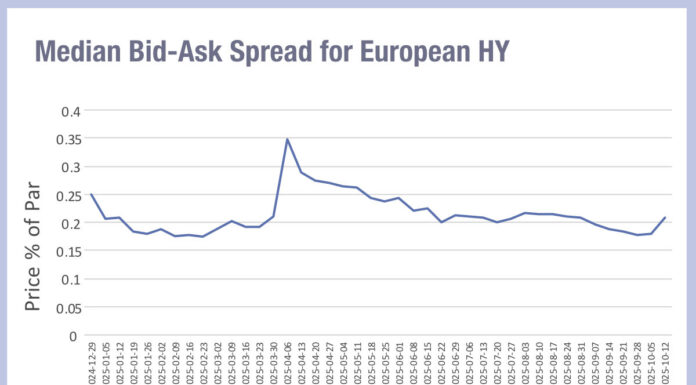Johannes Hahn, commissioner responsible for budget and administration at the European Commission (EC) has said the organisation intends to continue its push for bonds issued by the European Union to be classified as ‘sovereign bonds’ by index providers.
“This year we will become the 5th largest issuer in European capital markets, and we will increase our debt by €500 billion,” he said. “With this we are going out of the national market, into the market of sovereign bonds. The European Central Bank recognized this already last year, when it re-classified us in the collateral framework to ‘Category one’, the same category they apply to sovereign issuers. We also appreciate that the leading bond index provider, MSCI, has had a first look into adding Euro bonds into the definition of sovereign bonds. While the case for inclusion might not have worked out yet, the case for inclusion in the leading bond indices will grow, as new issuances grow, and this is said to reach €1 trillion by 2026.”
His comments, made at the Invisso Global Borrowers & Bond Investors Forum in London, follow the announcement by index provider, MSCI, on 12 June that it would not include Eu bonds in its sovereign indices, reporting conclusions from its recent consultation with the investment community regarding the inclusion of bonds issued by the European Union (EU) in the MSCI Government Bond Indexes.
In a statement it said, “Currently, European Union bonds will remain ineligible from the standard suite of MSCI Government Bond Indexes. MSCI has observed a bifurcation of opinion within the investment community regarding the inclusion of EU bonds in the government bond suite of indexes. MSCI remains committed to closely monitoring the market’s adoption of EU bonds within the government bonds space and intends to re-evaluate the eligibility criteria in the second quarter of 2025.”
Inclusion in indices can have a significant effect on the liquidity of bonds in the secondary markets as exchange traded funds (ETFs) which track a given index have to buy and sell those bonds in order to reflect the levels of investments or divestments made by investors.
Hahn concluded by saying that, “The European Commission will continue to do everything in its power to consolidate and further enhance the market for Union bonds in the interest of its Member States and investors, including its engaging with more and diverse international investors.”
The MSCI also reviewed its index pricing mechanism, and effective 1 July 2024, it will transition to ICE as its primary pricing provider for the majority of its Fixed Income Indexes, excluding certain custom indexes and those denominated in CAD.
MSCI will adjust the price capture time for USD and CAD denominated bonds to 4:00 PM EST, a shift from the current 3:00 PM EST, effective October 1, 2024.
©Markets Media Europe 2025













